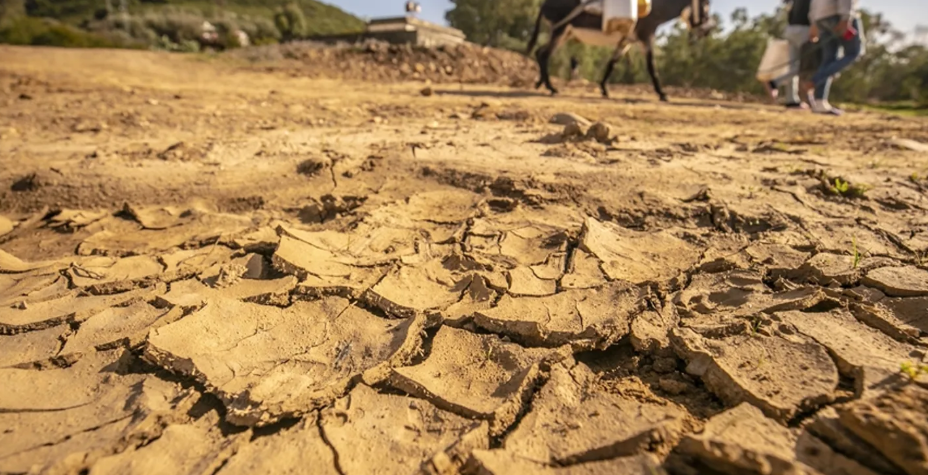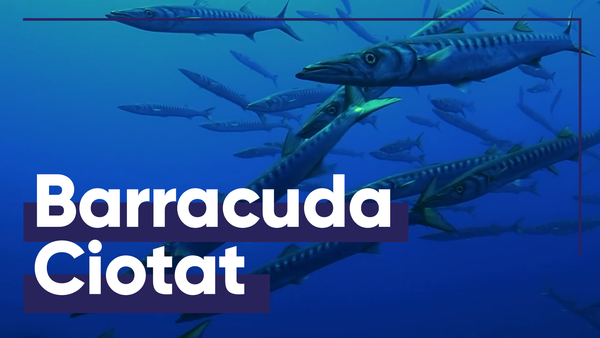The international climate change conference opens this Monday in Belém, Brazil. Representatives from 146 countries, including Tunisia, Morocco, and Algeria, are expected to attend, hoping to secure greater support for their climate initiatives.
Morocco, Algeria, and Tunisia to Represent Africa at COP 30, but With Expectations
Morocco, Algeria, and Tunisia will undoubtedly carry the voice of Africa at the international climate change conference opening this Monday in Belém, Brazil.
Ten years after the Paris Agreement, the continent continues to suffer devastating climate impacts — droughts, floods, and rising sea levels — despite contributing less than 4% of global emissions. The question of financing the fight against global warming remains unresolved.
Africa estimates it needs $1.3 trillion per year from 2025 to 2030 to meet the targets of the Paris Agreement. The 45 least-developed countries, most of them in Africa, are requesting that at least $220 billion per year be allocated to them.
At COP 29, financial support was promised but fell short of Africa’s demands, and this year’s conference risks repeating the same scenario. Ana Toni, the conference chair, warned that COP 30 is not intended to set new funding amounts, as the target of $300 billion by 2035 for developing countries was already agreed upon at COP 29.
Maghreb Countries Advancing Slowly
According to UN Climate, only 10 of the 200 signatories of the 2015 Paris Agreement have submitted updated strategies to reduce greenhouse gas emissions by 2035. The Maghreb countries are among those that have not communicated their progress.
After the Paris Agreement, Algeria published its first Nationally Determined Contribution (NDC) to implement the agreement’s guidelines, but it was the first and last NDC. Its emission reduction target was set at 7–22% by 2030, depending on international support. However, in 2025, Algeria continues to rely heavily on hydrocarbons, with a near absence of a national decarbonization strategy.
Is Morocco More Active on the Climate Front?
Brazil, the host of the conference, aims to make it a moment to revive global ambition and validate new NDCs covering the period up to 2035.
Ana Toni, the Brazilian president and chair of COP 30, did not hesitate to highlight during a press briefing organized by the International Press Association (AIE) that Morocco, which hosted COP 22, is an active partner.
Morocco is involved in two projects on the African continent: the “Clean Cooking” program, aimed at replacing traditional fuels with less polluting cooking methods, and Mission 300, an ambitious project to extend electricity access to 300 million Africans by 2030.
However, Morocco, Algeria, and Tunisia all face the same challenges. They are becoming increasingly arid regions. For example, between 1999 and 2002, Tunisia experienced one of its worst droughts since the 15th century, according to WWF (World Wide Fund for Nature). These droughts lead to chronic water shortages, which can have long-term consequences for economic activities such as agriculture and local tourism.
The Maghreb Facing Drought
With 1,835 km of coastline for Morocco and 1,148 km for Tunisia, both countries are highly threatened by rising sea levels. Nearly 16,000 hectares of farmland are at risk of being submerged.
A constant remains: the implementation of updated climate roadmaps depends on the fulfillment of financial commitments from Northern countries.
The current context is increasingly unfavorable to combating global warming, with development aid shrinking in Europe and the United States. Moreover, the phase-out of fossil fuels is not on the COP 30 agenda, and promises made in Baku are deemed insufficient by African countries.
One positive note: the Loss and Damage Fund, launched at COP 27, is entering its concrete phase, allowing developing countries to apply for compensation for climate-related losses and damages.
Source: trtfrancais




